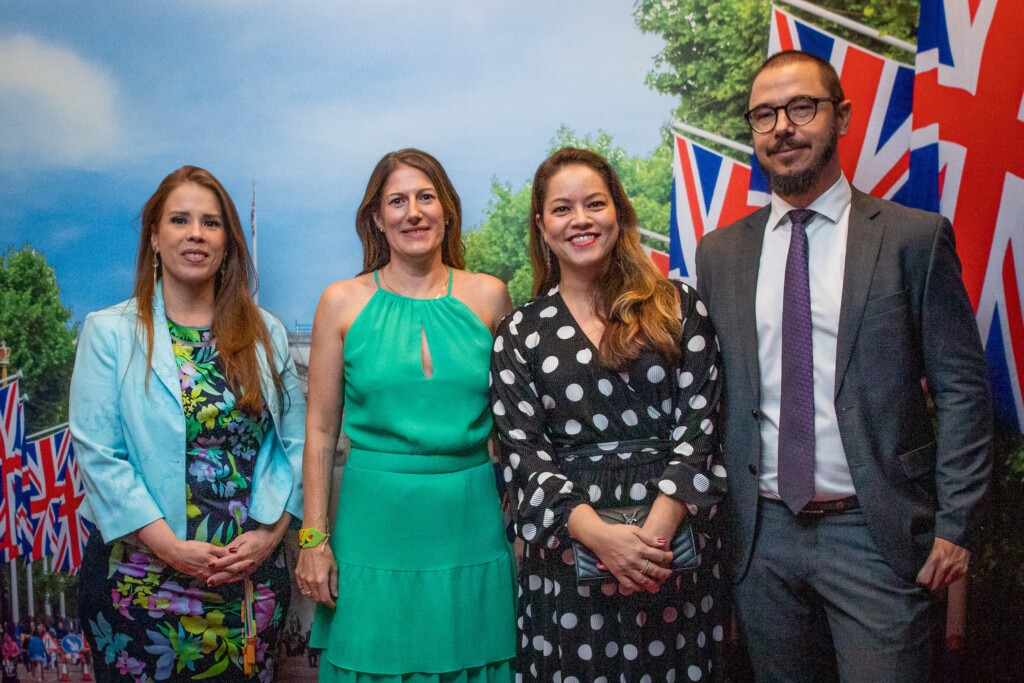Umbu, tapioca, and specialty coffees were on the menu at the coronation ceremony of King Charles III and Queen Consort Camilla held in Brasília. The event, organized by the British Embassy, included the participation of Brazilian exporters with nine typical products from the country.
All products are part of the Agro.BR project, an initiative of the Brazilian Confederation of Agriculture and Livestock (CNA) and the Brazilian Trade and Investment Promotion Agency (ApexBrasil). The project supports rural entrepreneurs to facilitate the export process, contributing to expanding the country’s export agenda.
The menu containing the selected products was prepared by Brazilian chef Saulo Jennings. The guests tasted, for instance, a tapioca finger food from the Akio company, with umbu jelly made by rural producers from the Cooperative of Family Agriculture and Cattle-Raising in Canudos, Uauá, and Curaçá (COOPERCUC).
“Brazilian products are wonderful, and Chef Saulo gave sparkle to all these recipes. Thank you, CNA!”, said the UK Ambassador to Brazil, Stephanie Al-Qaq. “It is a unique opportunity for the international community and the foreign community here in Brazil to learn about Brazilian agriculture and cattle-raising products,” said Sueme Mori, Director of International Relations at CNA.
The semi-cured cheese from Generosa Farm (in Minas Gerais state) was served with aroeira blossom honey from the Cooperative of Beekeepers of the North of Minas (COOPEMAPI). For the main course, the guests tasted the pirarucu fish stew from the Amazon, served with cassava, “dendê” oil, banana-da-terra, and the seasoned farofa from the company Tabuleiro da Chef.
Some desserts were also prepared with ingredients from rural producers assisted by the Agro.BR project, such as cupuaçu cream with umbu jelly from COOPERCUC, cocoa nibs, and Brazil nut farofa from the Amazon company Floresta em Pé.
During the ceremony, the guests tasted specialty coffee from the Moncerrado company; in the end, they tasted the English dessert paired with Chor chocolate, from the Brazilian Northeast Region. The guests went home with baskets of products including information about the companies and producers.

Exports
All products shown at the UK Embassy came from rural producers that form the diversity of Brazilian exports. COOPEMAPI, which gathers 350 cooperative members from 25 municipalities, produces honey already present in Belgium, Germany, Italy, Portugal, Spain, and the United States.
The company Tabuleiro da Chef, owned by Chef Tereza Paim, from Bahia state, exports to the US and, since last March, has expanded its market to the UK and Portugal. The Brazil nuts from Floresta em Pé have already reached Canada. The cheese from Generosa Farm is one of the winners of the CNA Brasil Artesanal Award and stands out in the market.
CNA is also currently working on opening the market in the European Union for umbu jelly to be registered as a traditional food. The possibility of registering umbu as a Novel Food will bring new opportunities for producers from the semi-arid northeastern region and will open doors for other products of Brazilian biodiversity in the EU and other international markets.